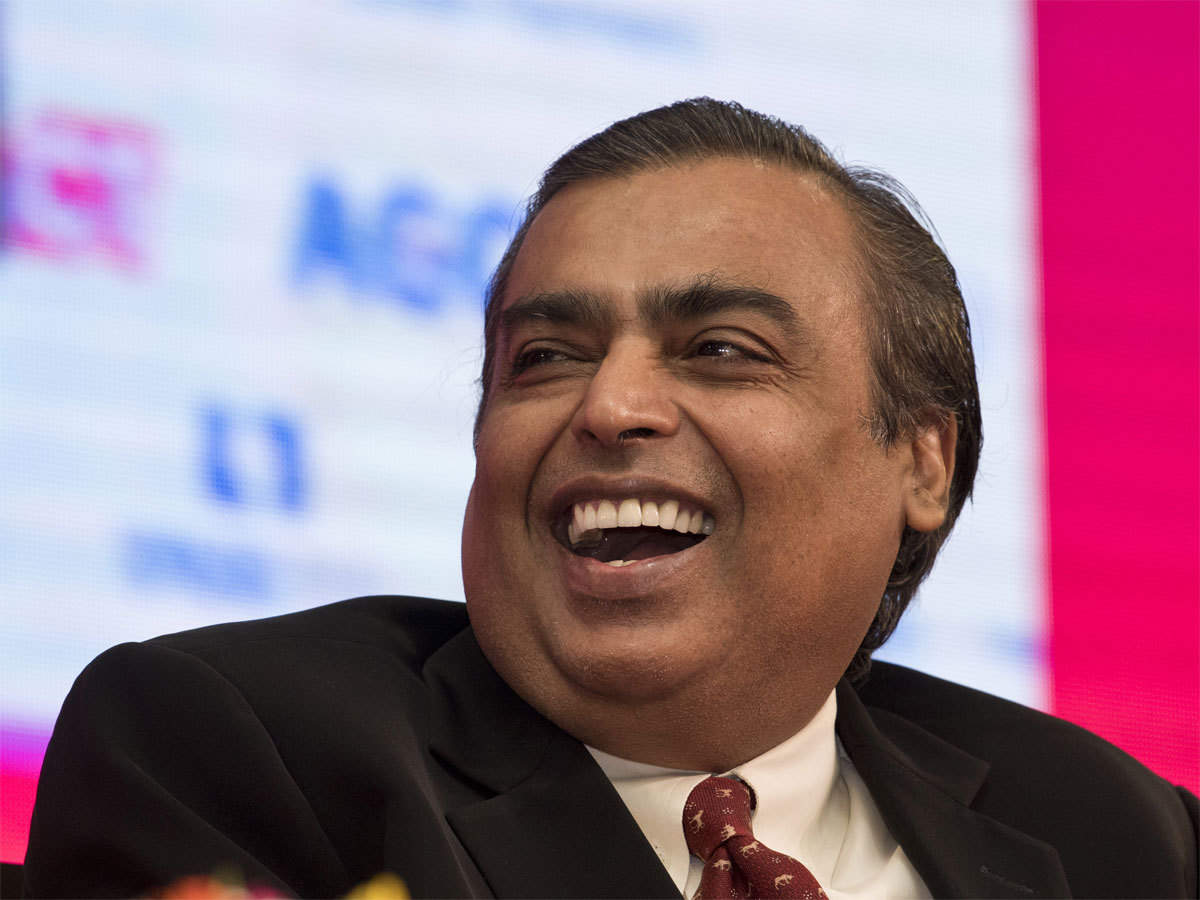Reliance Industries Ltd (RIL), owned by the wealthiest man of India and the fourth richest man of the world is, according to reports, eyeing to enter the smart electricity meter market. According to reports, the conglomerate is trying to update its Jio business by offering meter data collection, communication cards, telecom, and cloud hosting services to electricity distribution companies (discoms).
The company, RIL, which launched the telecom arm Jio in 2016 has already made it the largest telecom company in India according to the user base. They have also making headways into several sectors like the pharmaceutical and retail sectors. Although the retail sector is pre-existing they look forward to including both online and offline mode of retail with wider connection and larger network module which seems to be a highly profitable model in the Indian subcontinent and promises to be a great competitor to the already existing online retail stores like Amazon and Flipkart.
The company’s decision to enter the smart electricity meter market comes as India launches the world’s largest electricity smart meter program, which is already underway. The program has been launched to reduce or most effectively remove any distribution loss. The initiative taken includes an aim to replace 250 million conventional meters to help raise annual revenues of debt-laden discoms to ₹1.38 trillion.
First and foremost, we need to know what smart meters are:
The thing that smart meter has in common with the previous generation gas and electricity meter is that all of these are used to read the consumption of electricity made by your residence or office. However, as the name suggests, the latest development is “smart”-er than a common gas and electricity meter. The smartness is shown by the meter by the way they communicate the information to the consumer for greater clarity of consumption behavior, and electricity suppliers for system monitoring and customer billing. The consumption is updated in real-time or in specific intervals. They also offer two-way communication between the meter and the central system, therefore there is no need for individual readings.
Still, the question that remains is that why should you upgrade, and is it worth going through all the hassle?
The smart meter comes with its own benefits. Non-smart electrical and gas meters only measure total consumption, providing no information on when the energy was consumed. Smart meters come with a way of measuring electricity consumption in near real-time. This allows utility companies to charge different prices for consumption, according to the time of day and the season in which you are using the smart meter. Smart meters also offer more accurate cash-flow models for utilities. Smart meters also help to reduce labor costs. With the option of remote accessibility, smart meters negate the necessity to be read separately.
Another reason to change to smart meters is that by installing them you can help reduce the carbon footprint of the country. Even without changing the electricity consumption habits, just changing your meter would benefit your nation. Smart meters come as the foundation for a smarter energy system. With the help of its information studies can be made for the better integration of renewable power, such as wind, solar, and hydropower, and reduce our reliance on fossil fuels.
Reliance eyeing to grab the opportunity:
Reliance Industries Ltd is looking to enter the Advanced Metering Infrastructure (AMI) business and is formulating a way to offer these services via Narrow Band-Internet of Things (NB-IoT), which is a low-power wide-area network radio technology standard. As we already said, these new generations of meters require a two-way communication module, control center equipment, and software applications for near real-time gathering and transfer of energy usage information. NB-IoT is developed by 3GPP, a standards organization to enable a wide range of cellular devices and services.
According to a report published by Mint, electricity discoms are the weakest link in the electricity value chain. They are suffering several issues like low collection, increase in power purchase cost, inadequate tariff hikes and subsidy disbursement, and mounting dues from government departments. The same report cited that India’s aggregate technical and commercial (AT&C) losses to be around 22% and as of 31 March, discoms owed Rs2.25 trillion to power generation and transmission companies.
A report from ICICI Securities Limited on 30th September, which was also published in the same article by Mint, said, “As per EESL, smart meters are a part of the overall Advanced Metering Infrastructure (AMI) solution that measures and records consumers’ electricity use at different times of the day and sends this information to the energy supplier through GPRS technology. This gives consumers better access to information and allows them to make more informed decisions on the use of electricity in their homes, leading to reduced power wastage, and long-term carbon and financial savings. It also improves the DISCOM’s operational performance by increasing billing efficiency, reducing O&M cost, and enhancing the quality of service by providing consumers with Demand Side Management (DSM) options.”
The report also added, “Of the total all-India AT&C losses of 22% (FY19), it is estimated that 9-10% is related to T&D while 12-13% is billing and collection related inefficiencies. One of the ways the government is targeting to reduce AT&C losses is through the installation of smart meters.”
Nirmala Sitharaman, the finance minister, during a budget speech, had said, “I urge all the states and Union territories to replace conventional energy meters by prepaid smart meters in the next three years. Also, this would give consumers the freedom to choose the supplier and rate as per their requirements.”
Reliance Industries Ltd, through its Jio Platforms, which is a digital solutions subsidiary has made several forays into areas like cloud and edge computing, data analytics, artificial intelligence, and machine learning, blockchain, and the internet of things (IoT).

